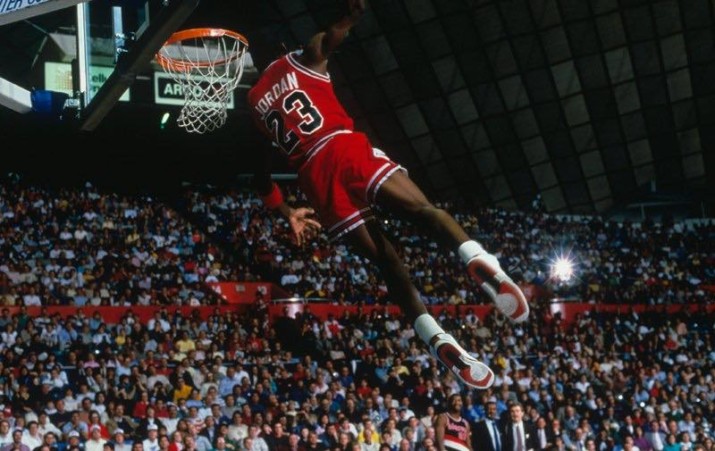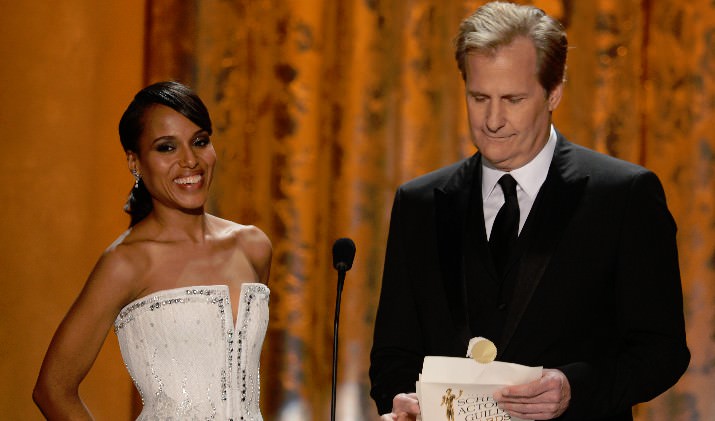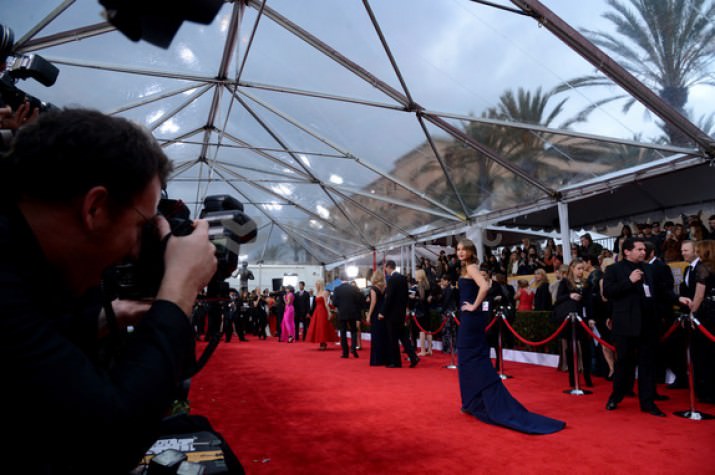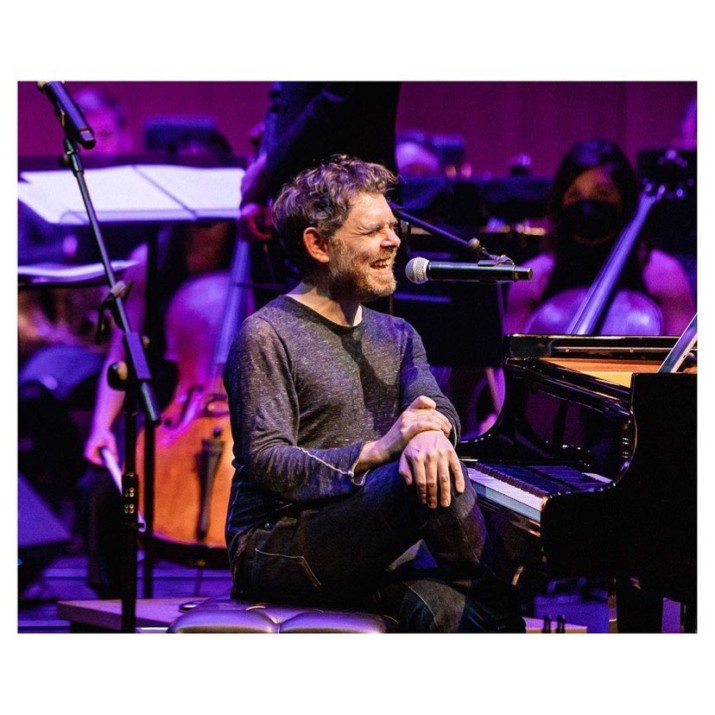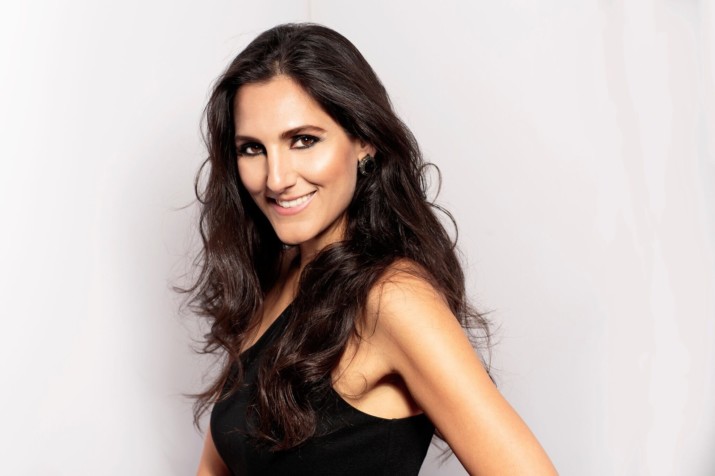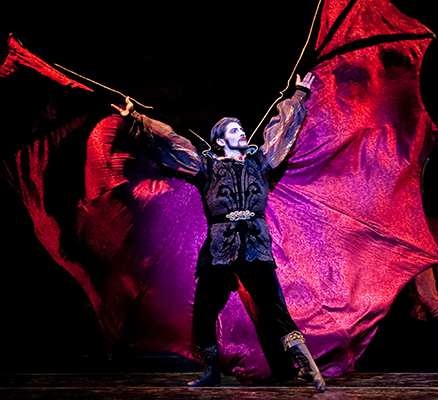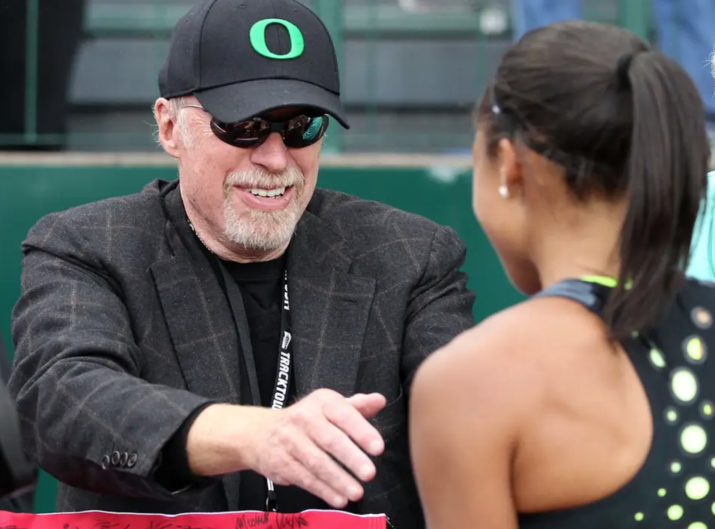
Phil and Penny Knight Rank 4th in Nation for Charitable Donations in 2020
Beaverton, OR. Nike co-founder Phil Knight and his wife Penny ranked 4th nationally in philanthropic giving for 2020. The couple donated $1.37 billion in charitable gifts, according to a new report from the Chronicle of Philanthropy. The Chronicle reports the Knights gave $465 million to the University of Oregon in 2020 and $900.7 million to the Knight Foundation, a private foundation the family formed in 1997. Additionally, the Knights supported the Oregon Community Foundation Recovery Fund, which is providing pandemic relief. They also gave Oregon Health & Science University a grant for Covid-19 testing, treatment, and containment, according to the Chronicle.
Every February, the Chronicle of Philanthropy reports on the 50 donors who made the biggest gifts during the previous calendar year. Overall, donors on the top-50 list gave big to address poverty, the ongoing Covid pandemic, and racial-justice issues.
The philanthropists in the 2020 rankings gave away $24.7 billion last year, but they’re not required to publicly disclose how much they give or which causes they support. Emily Haynes from the Chronicle of Philanthropy credits her colleague Maria Di Mento for compiling the list.
Jeff Bezos topped the list by donating $10 billion to launch the Bezos Earth Fund to mitigate climate change. On February 2nd, Bezos announced he was stepping down as Amazon CEO to devote more time to philanthropy and other projects. He also contributed $100 million to Feeding America, an organization that supplies more than 200 food banks.
Below is the Chronicle of Philanthropy list of the 50 donors who made the biggest gifts in 2020.
No. 2 on the list was Bezos’s ex-wife, MacKenzie Scott, who gave $5.7 billion in 2020 to 512 organizations by asking community leaders to help identify worthy groups for seven- and eight-figure gifts, including food banks, human-service organizations, and racial-justice charities.
Twitter co-founder Jack Dorsey, who ranked No. 5, put $1.1 billion into a fund that by year’s end had distributed at least $330 million to more than 100 nonprofits. The financier Charles Schwab and his wife, Helen (No. 24), gave $65 million to address homelessness in San Francisco. Netflix co-founder Reed Hastings and wife, Patty Quillin (No. 14), gave $120 million for financial aid for students at historically Black colleges and universities. Michael Jordan, the basketball great (No. 31), pledged $50 million to racial and social-justice groups.
“When I look at the events of the last year, there was an awakening for the philanthropic sector,” says Nick Tedesco, president of the National Center for Family Philanthropy. “Donors supported community-led efforts of recovery and resiliency, particularly those led by people of color.”
Giving experts say they think the trend toward broader giving is likely to persist.
That’s significant given the immense sums top donors are able to contribute. The top five donors this year gave $1 billion-plus, matching last year’s record. No more than three donors gave $1 billion or more in any of the previous years.
Nearly a third of the donors on the list made their fortunes in technology. Tech billionaires’ wealth is compounding while many working people are still suffering from the pandemic’s fallout. Given that disparity, philanthropic expectations have never been higher. David Beasley, executive director of the United Nations World Food Program, highlighted the disparate effects of the pandemic in a January interview on the PBS NewsHour.
“During the pandemic, billionaires made $5.2 billion in increased wealth per day,” he said. “All we are asking for is $5 billion to avert famine around the world. I don’t think that’s too much to ask.”
Some of the ultrawealthy are nevertheless holding back on giving. Among them is Tesla chief executive Elon Musk, whose $180 billion fortune puts him neck-and-neck with Bezos for richest person in the world. Musk is not on the Philanthropy 50 and has faced criticism for his meager lifetime donations, estimated in a recent Vox article at just 0.05 percent of his current net worth.
“It’s unconscionable for someone like that to not give in a meaningful way,” says Phil Buchanan, president of the Center for Effective Philanthropy.
Many of those who did give big chose to support small and midsize charities. But popular causes like higher education still saw sizable contributions.
Benjamin Soskis, a research associate at the Center on Nonprofits and Philanthropy at the Urban Institute, says the most striking change in this year’s Philanthropy 50 list is that it presents a plurality of options for giving. Colleges and universities received $2.2 billion from Philanthropy 50 donors in 2020, but it’s notable that many of them were historically black colleges and universities, Soskis says.
“There’s a big difference between a hypothetical ‘Why didn’t you give to an HBCU instead of Harvard?’ and today’s list, where you can point to donors who actually did that.”
As in years past, the Philanthropy 50 list for 2020 is overwhelmingly white — but that’s no reason for major-gift officers to ignore potential donors of color. Roughly 14 percent of millionaires are people of color, and that number seems likely to grow as demographics keep changing. I put together a sampling of donors of color to watch. Many of them — such as financier Mellody Hobson, art collector Eileen Harris Norton, and biopharmaceutical entrepreneur Jie Du — gave to colleges and universities. Racial justice was another popular cause.
Read the rest of the story for more about how the wealthiest donors gave last year, and check out the Philanthropy 50 rankings for details on each donor.






















































